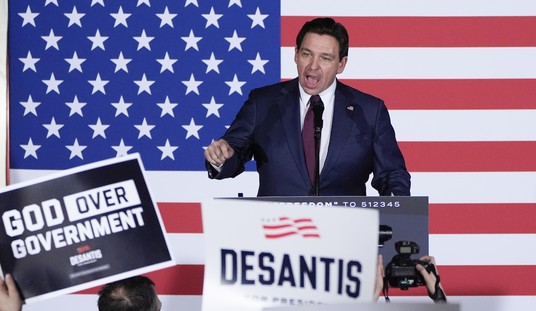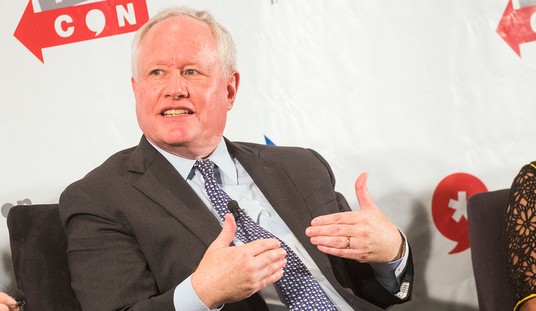Fresh off its spirited defense of Sarah Jeong, the Verge has just published a lengthy piece arguing that free speech is a “dangerously naïve idea,” at least when applied to social media sites like Twitter:
Twitter, which once identified itself as “the free speech wing of the free speech party,” has long listed toward the sort of free speech absolutism that says absolutely anything goes, so long as it isn’t overtly criminal. It’s a popular idea among the Silicon Valley cyberlibertarians who hold some the most powerful positions at tech companies and, not coincidentally, a founding principle of the internet itself.
Damn those libertarians!
There lies, within this absolutism, an often very idealistic and sincere belief: if we simply allow all speech to compete in the free marketplace of ideas, then the best, most productive, and most truthful ideas will win out. Sunlight is the best disinfectant, and the best answer to bad, shitty, and sometimes even abusive speech is simply more speech…
It’s a nice idea, even a beautiful one. For a long time, it was one that I, like a lot of journalists, wanted to believe in. Who doesn’t want to think that the truth will always win in the end, that information not only wants to be free, but that this freedom will lead us toward a more just world — especially when it is your job to share information?
I think there’s a difference between saying speech should remain as free as possible and saying “the truth will always win.” I don’t think anyone believes that’s the case or was ever the case prior to the internet and social media. Lies and conspiracy theories have abounded for a long time before anyone owned a computer in their home.
But in our current moment, it is a dangerously naïve idea. While the internet has led to the promotion of important voices we might not have otherwise heard, the last decade has demonstrated with searing clarity that this idea has [led] far more powerfully to the amplification of lies, manipulation, and an epistemological collapse that has deformed human discourse and undermined the very notion of truth.
This strikes me as a bit of resistance-tinged paranoia. Were the Obama years really the end of discourse and truth? Didn’t we have a lot of same nonsense during the Clinton and Bush years? I’m not saying political conspiracies are good only that they’re not new.
While many, including [Twitter CEO Jack] Dorsey, seem to fear that striking [Alex] Jones down from media platforms will only make him more powerful, media manipulation research lead Joan Donovan at the research institute Data & Society tells The Verge that throughout her work, she has observed the opposite: once you remove the biggest megaphones from bad actors, their power diminishes and their ability to attract larger audiences and sow disinformation decreases. Instead of promoting no-holds-barred speech, he might instead embrace the principle suggested by Boyd and Donovan in their case for quarantining extremist ideas: “all Americans have the right to speak their minds, but not every person deserves to have their opinions amplified, particularly when their goals are to sow violence, hatred and chaos.”
I have no doubt that cutting Jones off from Twitter will shorten his reach and honestly I don’t have any interest in defending Jones because he’s an absurd idiot. But I do worry very much about where the purge goes next. Because, let’s face it, if the author of this Verge piece was in charge of Twitter or other platforms, the banning of bad people would not stop with Alex Jones. Once you’ve abandoned the principle that we should make speech as free as possible, as this author clearly has, you’re down to making a case by case judgment based on your own partisan lights. Again, you can probably guess where the social justice left would wind up if given the power to de-platform all blasphemers.
Respect for free speech is obviously grating on the 30-year-old social media experts at the Verge who already know who all the good guys and bad guys are and are eager to silence the bad ones, but I think we should very reticent to limit the speech of others even if Twitter, as a private platform, has the right to do so. Again, I’ve got nothing good to say about Alex Jones, but once the ban-hammer comes out, I doubt the people advocating for its use just in this one special case will put it away.
Update: Hadn’t seen this from the editor-in-chief of the Verge:
https://twitter.com/reckless/status/1027766862376042496








Join the conversation as a VIP Member